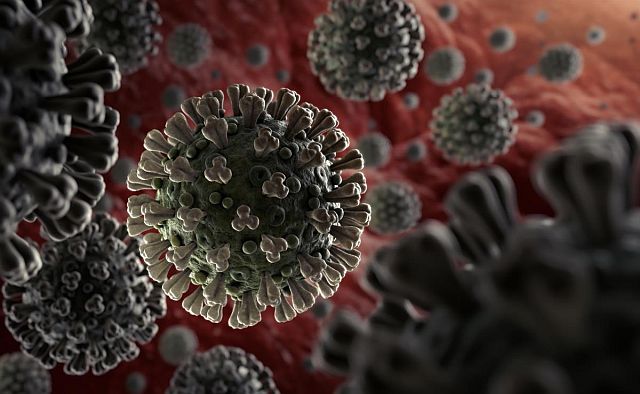
Results from a new COVID-19 study by Boston Medical Center (BMC) show the most severe outcomes among Hispanic Blacks. Analyzing data from the Centers for Disease Control and Prevention (CDC) between April 5 and May 18, 2020, with a cohort of 78,323 individuals, researchers found higher rates of hospitalization and increased risk of death for Hispanic Blacks.
“Our results clearly show that Hispanic individuals are more likely to be hospitalized and die from COVID-19 infection than non-Hispanic individuals, with the worst outcomes among Hispanic Black individuals,” said Sarah Kimball, MD, co-director of BMC’s Immigrant & Refugee Health Center and the study’s corresponding author.
One of the challenges, the authors note, is the incomplete information on race and ethnicity included in the reported data given variations among how the information is collected and reported. At this time, there are no universal standards or processes in place at health care institutions related to how racial or ethnic information is collected from patients.
“The dilemma is that we know these disparities among racial groups aren’t biological, and reflect the systemic impacts of racism and inequality. Yet, we need better data collection on racial and ethnic groups, in order to develop interventions tailored to address the COVID-19 disparities among specific patient populations,” added Kimball, who is also an assistant professor of medicine at Boston University School of Medicine.
“The better data we have access to, the more targeted we can be in our public health and treatment approaches to dismantle the effects of racism and the disparities that we see among different groups within the Hispanic community, which can help decrease COVID-19-specific disparities in these individuals.”
For this study, researchers compared hospitalization, intensive care unit admission, need for breathing support, and death rates among Hispanic white, Hispanic Black, and Hispanic multiracial/other groups. Next, they compared these results with the data on the above criteria for non-Hispanic white individuals.
The study was published online in the Journal of Immigrant and Minority Health.
The U.S. Army Corps of Engineers has been tasked with…
Brown and Caldwell, a leading environmental engineering and construction firm,…
Humboldt State University, one of four campuses within the California…